Showing 4876-4890 of 5449 results
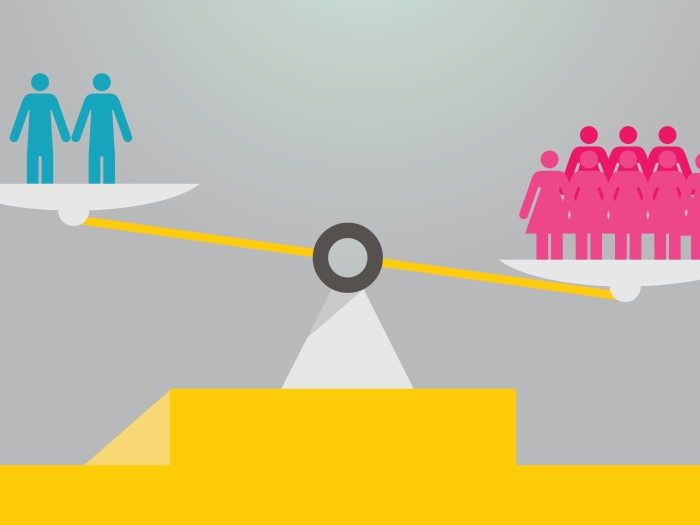
Health Lab
U-M researchers believe the VGLL3 gene is a master regulator tied to autoimmune disease. Learn how this inflammatory pathway promotes autoimmunity in women.
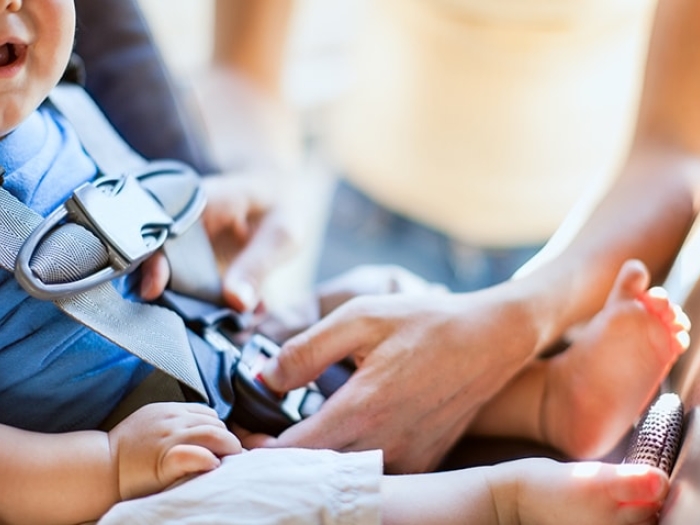
Health Lab
C.S. Mott poll shows parents may forgo toddler safety measures while traveling. See the toddler travel survey results & tips for traveling with toddlers safely.
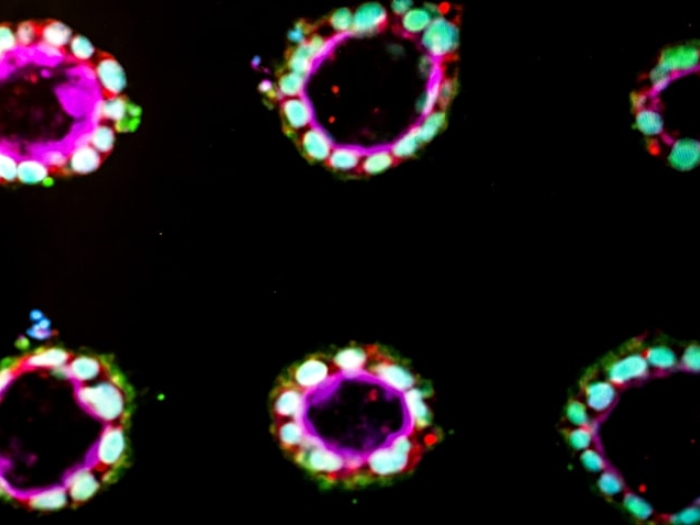
Health Lab
U-M scientists crated amniotic sac tissue from human stem cells. Learn how lab created amnion could assist with fertility medicine and large wound treatment.
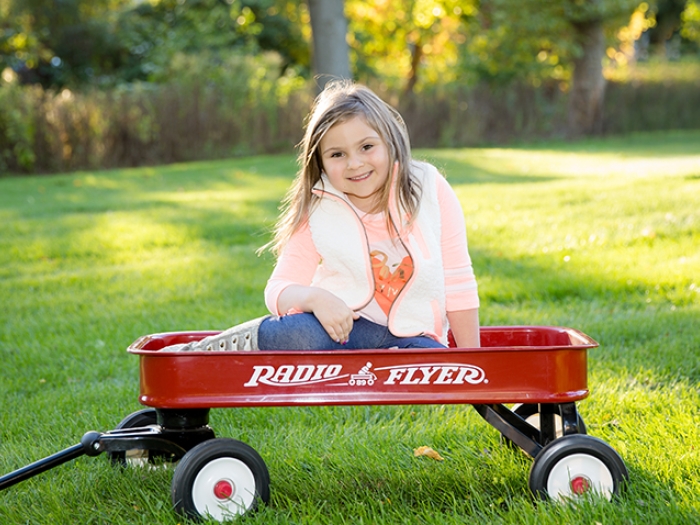
Health Lab
Abbee just received her 10th VEPTR surgery to treat thoracic insufficiency syndrome. See her journey at C.S. Mott Children's Hospital from arrival to recovery.
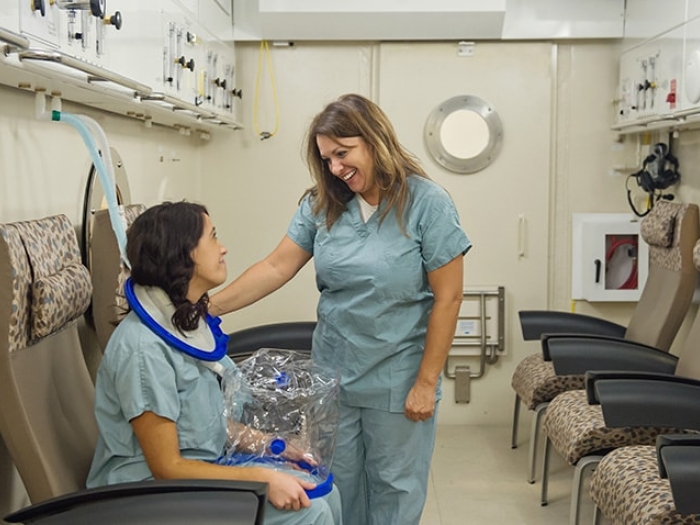
Health Lab
Hyperbaric oxygen therapy at the U-M Wound Care Clinic helps with non-healing wounds & tissue damage. Learn more about oxygen therapy & hyperbaric medicine.
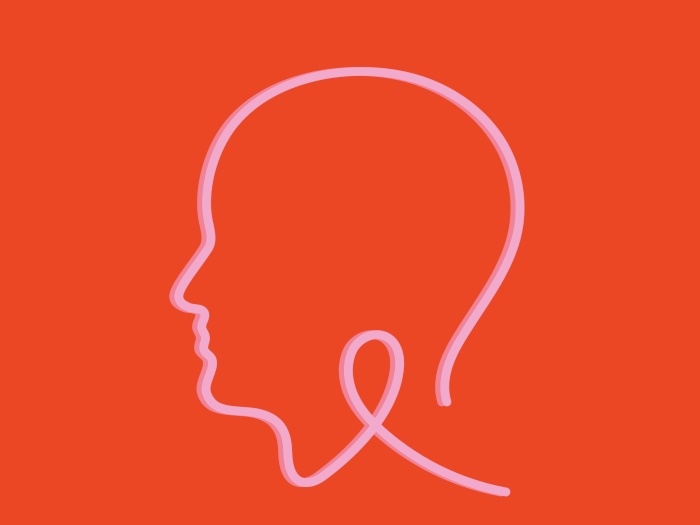
Health Lab
U-M study finds biomarkers that may signal throat cancer recurrence. Learn how the ratio of E7 antibodies may help predict oropharyngeal cancer recurrence.
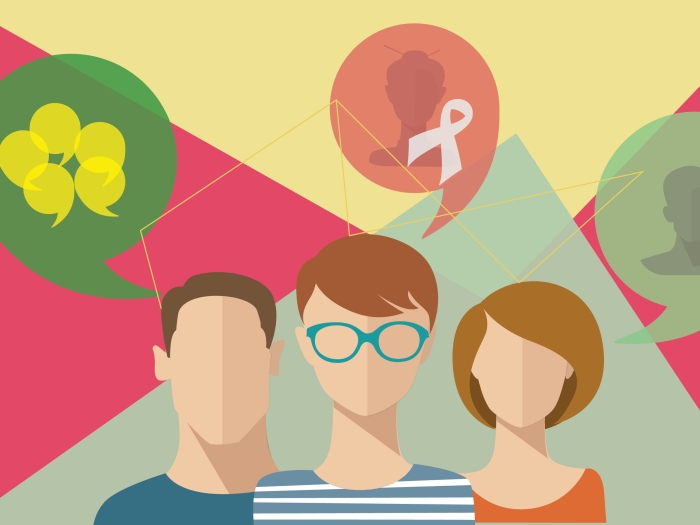
Health Lab
Collecting a family history of cancer is the first step in identifying hereditary cancers. Learn more about inherited abnormal genes & genetic cancer testing.
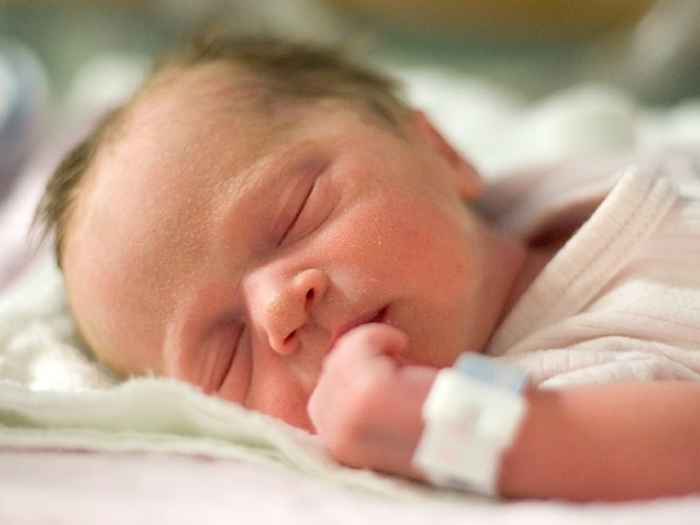
Health Lab
U-M is using teleophthalmology to diagnose & treat retinopathy of prematurity. Learn how doctors are diagnosing eye diseases in premature babies remotely.
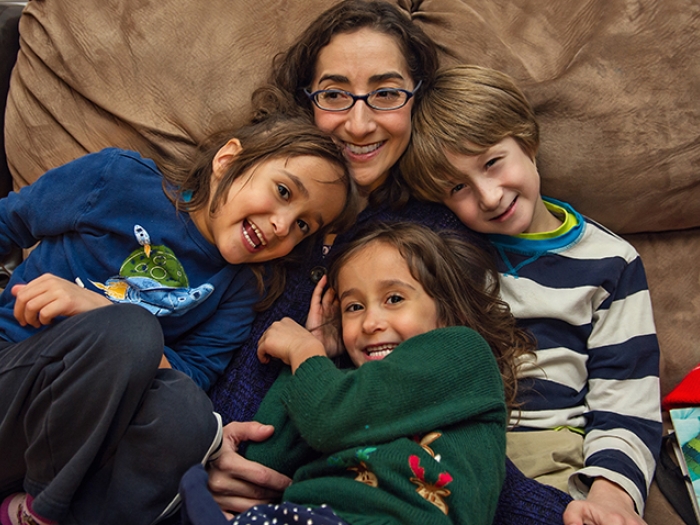
Health Lab
Married mother of three tells her NSCLC treatment story. Learn more about Tori's non-small cell lung cancer treatment including crizotinib and chemotherapy.
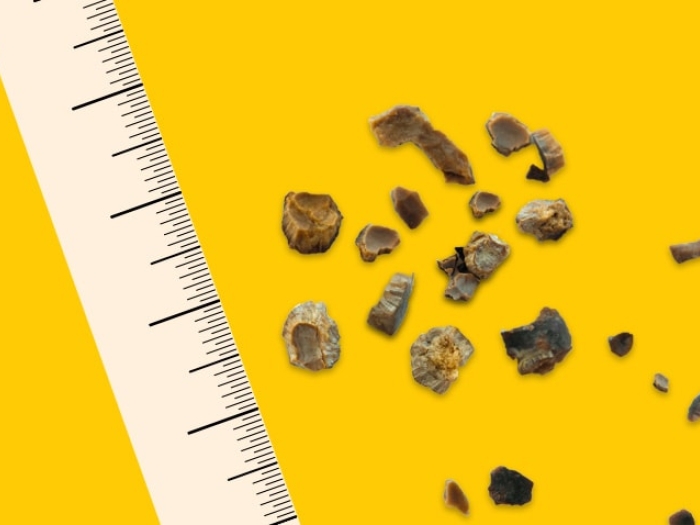
Health Lab
New study shows using alpha blockers for kidney stones is still effective. Learn how the use of alpha blockers assists in the passing of large ureteral stones.

Health Lab
Preparedness stocking stuffer ideas include sterile gauze, medical tape, & antiseptic wipes. See more ideas in our list of first aid stocking stuffers.
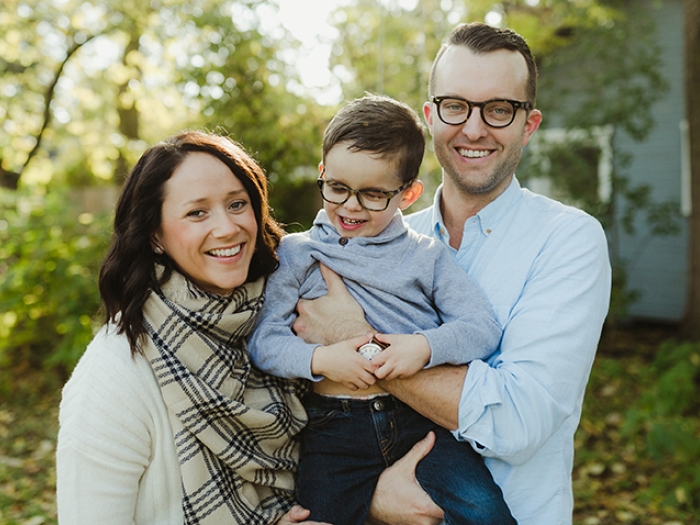
Health Lab
Jonas was born with a rare eye condition called Peters anomaly. See how his parents are helping children around the world with their company Jonas Paul Eyewear.

Health Lab
The U-M has begun participating in the IRACDA program which pairs postdoctoral fellows with students pursuing associate degrees. Learn more about the IRACDA.

Health Lab
Opiate withdrawal in newborns is growing faster in rural communities than cities. See more on infant drug withdrawal and neonatal abstinence syndrome statistics.
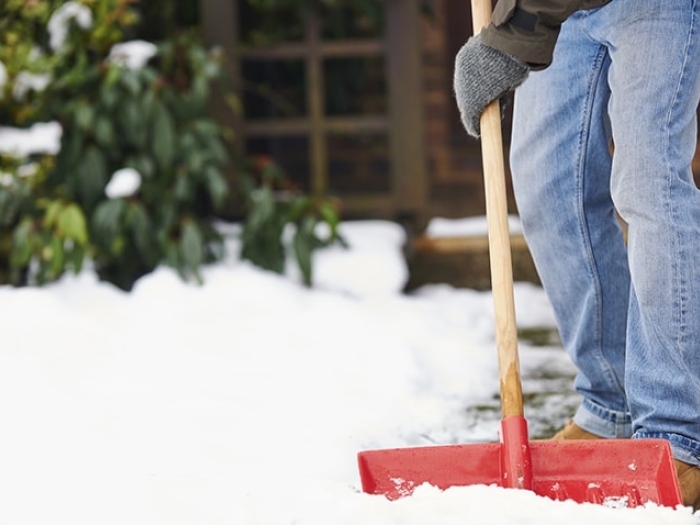
Health Lab
People with hypertension or diabetes are at a greater risk of having a heart attack shoveling snow. See our tips to avoid a snow shoveling heart attack.